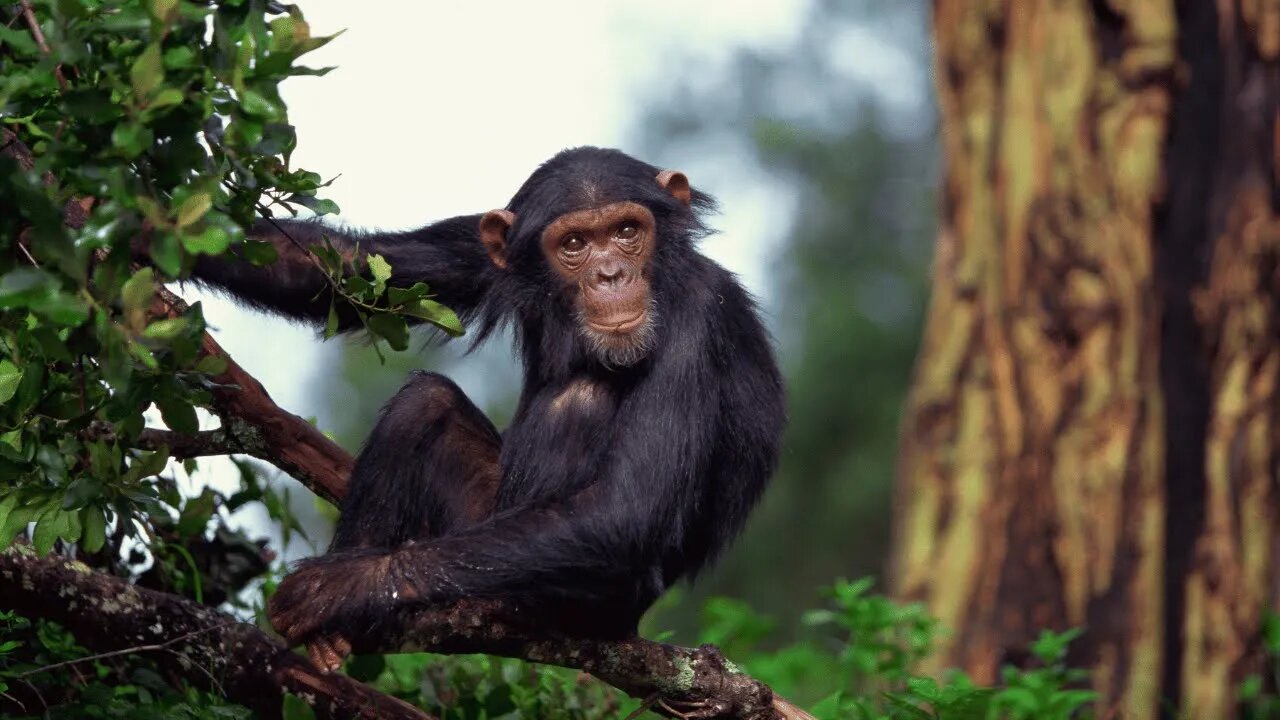Premium Only Content

Zoo Chimpanzees' Social Dynamics and Behaviors
Visit our Pet Store : https://linktr.ee/pets_store_
One way to study chimpanzee sociality is to compare different populations of chimpanzees living in similar ecological conditions but with different histories and experiences. For example, zoo chimpanzees are often rescued from illegal trade, poaching or human conflict, and may have been exposed to different levels of human contact, trauma and social deprivation. How do these factors affect their social behavior and preferences?
The researchers identified three main factors that influenced the social dynamics of the chimpanzees: population size, genetic relatedness and early life experiences. They found that smaller populations tended to be more cohesive and egalitarian than larger ones, with more balanced grooming relationships and less variation in social proximity.
They also found that genetic relatedness was positively associated with grooming frequency and social proximity, suggesting that kinship plays an important role in chimpanzee social bonds. Finally, they found that early life experiences had a lasting impact on the chimpanzees' social behavior and preferences. Specifically, chimpanzees that had been orphaned or isolated at a young age showed lower levels of grooming and social proximity than those that had been raised by their mothers or in stable groups.
These findings reveal that chimpanzee sociality is not fixed or universal, but rather flexible and adaptive to different social contexts. They also suggest that zoo chimpanzees can develop and maintain distinct social cultures that reflect their group history and identity. The researchers argue that these cultural differences should be respected and preserved when managing and conserving chimpanzee populations, as they may have important implications for their welfare and survival.
-
 LIVE
LIVE
Vigilant News Network
14 hours agoDoctors Drop Post-Election COVID Bombshell | Media Blackout
3,441 watching -
 14:13
14:13
Scammer Payback
12 days agoTelling Scammers Their Address
165K90 -
 5:43:21
5:43:21
Barstool Gambling
18 hours agoBig Cat and Co Sweat Out the Week 10 Sunday Slate | Barstool Gambling Cave
124K4 -
 2:49:36
2:49:36
The Jimmy Dore Show
2 days agoRumble Time Live w/ Jimmy Dore & Special Guests Roseanne Barr, Dr. Drew, Drea de Matteo & More!
586K710 -
 17:17
17:17
DeVory Darkins
1 day agoKamala Post-Election BOMBSHELL Exposes $1 BILLION Campaign DISASTER
110K257 -
 19:52
19:52
Stephen Gardner
1 day ago🔥HOLY CRAP! Trump just did the UNTHINKABLE!!
110K639 -
 4:34:55
4:34:55
Pepkilla
18 hours agoBlackops Terminus Zombies Boat Glitch
159K10 -
 5:50
5:50
CapEx
1 day ago $26.07 earnedWhat the Coming & Inevitable Sovereign Debt Crisis Means for YOU | CapEx Insider
141K39 -
 1:34:00
1:34:00
Tactical Advisor
19 hours agoAR15 Giveaway WINNER/Trump Winning | Vault Room Live Stream 008
98.5K44 -
 5:41:10
5:41:10
Vigilant News Network
21 hours agoOfficials CAUGHT Changing Ballots in Arizona | The Daily Dose
147K123